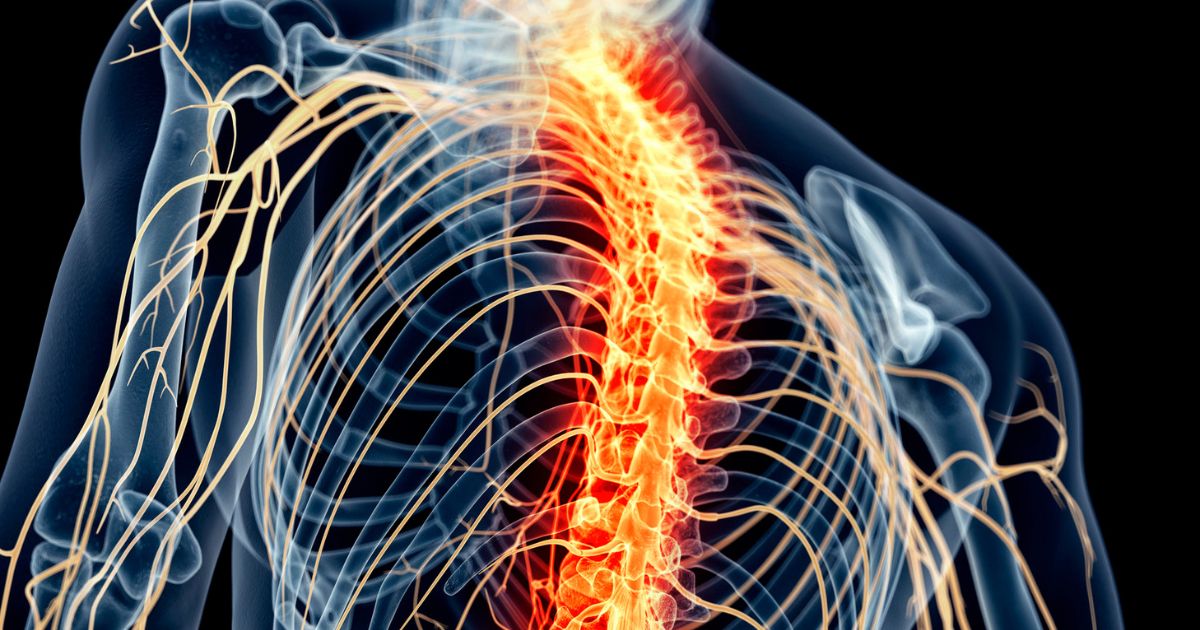New research findings offer a significant shift in our understanding of spinal cord injuries, pointing to the immune system’s response as a key player. The research shows age has a part to play in this response, with the immune system being less robust in responding to such injuries as we grow older – unlocking the potential to boost this immune response and improve patient recovery.
Researchers discovered that the meninges surrounding the spinal cord play a crucial role in the immune response to spinal cord injury. They observed the formation of previously unknown “patches” in the meninges above the injury site, indicating a crucial role of the spinal-cord meninges in the immune response to injury.
In the study, the researchers measured the immune cell response to spinal cord injuries and found it to be stronger in younger mice compared to older ones. This suggests that it might be possible to target specific immune cells to improve recovery following spinal cord injuries.
Understanding the devastating impact of spinal cord injuries
A better understanding of the body’s response to spinal cord injuries is a crucial step towards devising more effective treatments.
Such injuries can have severe lifelong effects, such as paralysis, loss of bowel control, pain, sexual dysfunction, or uncontrollable spasms, varying based on the severity and location of the injury.
Read our Spinal Cord Injury guide for legal teams
Implications for legal teams and clinicians
From a medico-legal standpoint, understanding these new findings can provide further insight into the lifelong implications of spinal cord injuries and their long-term care needs. According to the research, if the immune system weakens with age, infections may become more common and recovery times may lengthen. Such findings could potentially influence claims for compensation, as they underscore the need for more intensive, long-term support and care for the injured, particularly those who are older.
For medical experts treating people with spinal injuries, these findings can inform strategies for intervention and treatment. The fact that the immune response changes with age allows clinicians to tailor more personalised treatment plans. The findings may also lead to preventative strategies, aimed at boosting the immune response in those at risk of spinal cord injuries.
Find a Spinal Injury Expert
Legal teams looking to find a spinal injury medical expert witness can use NRC’s Expert Witness Directory to browse a comprehensive list of qualified medical professionals experienced in handling spinal injury cases.
Learn more
Read the full research: Age-dependent immune and lymphatic responses after spinal cord injury” by Andrea Francesca M. Salvador, Taitea Dykstra, Justin Rustenhoven, Wenqing Gao, Susan M. Blackburn, Kesshni Bhasiin, Michael Q. Dong, Rafaela Mano Guimarães, Sriharsha Gonuguntla, Igor Smirnov, Jonathan Kipnis and Jasmin Herz, 5 May 2023, Neuron.

